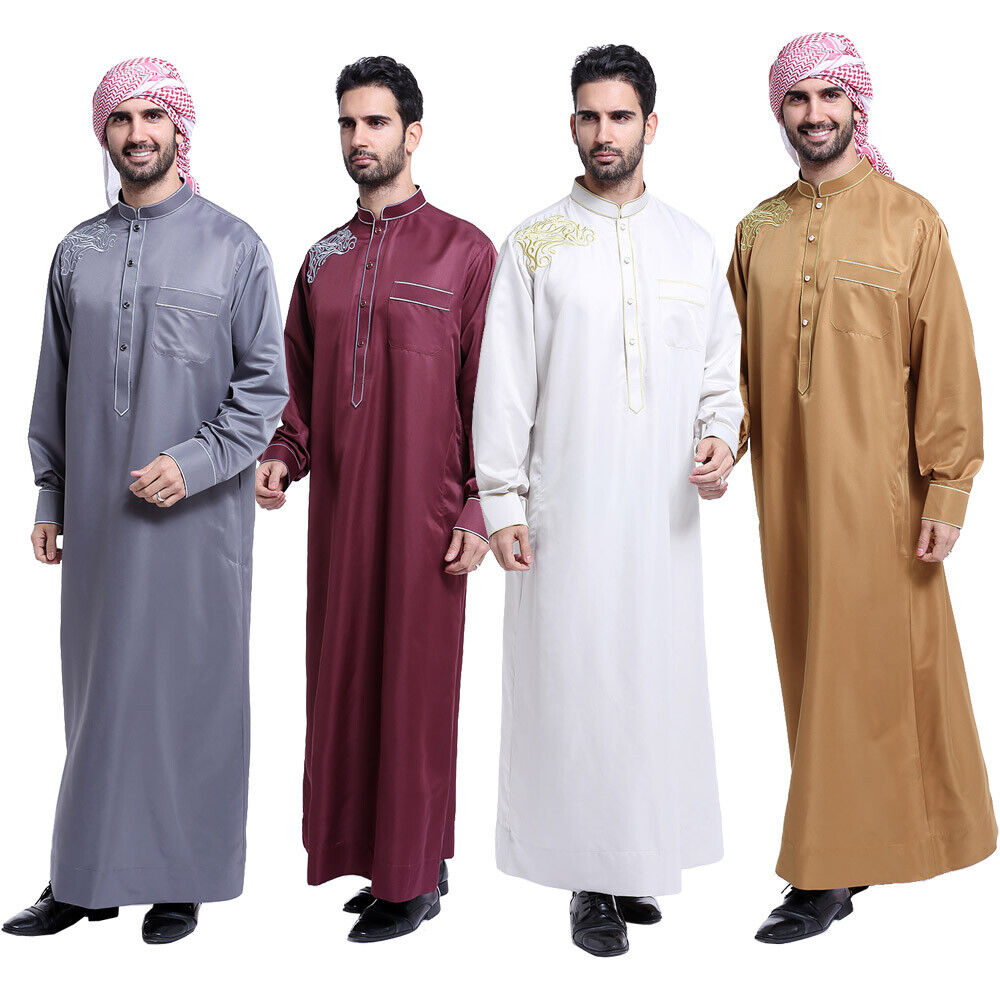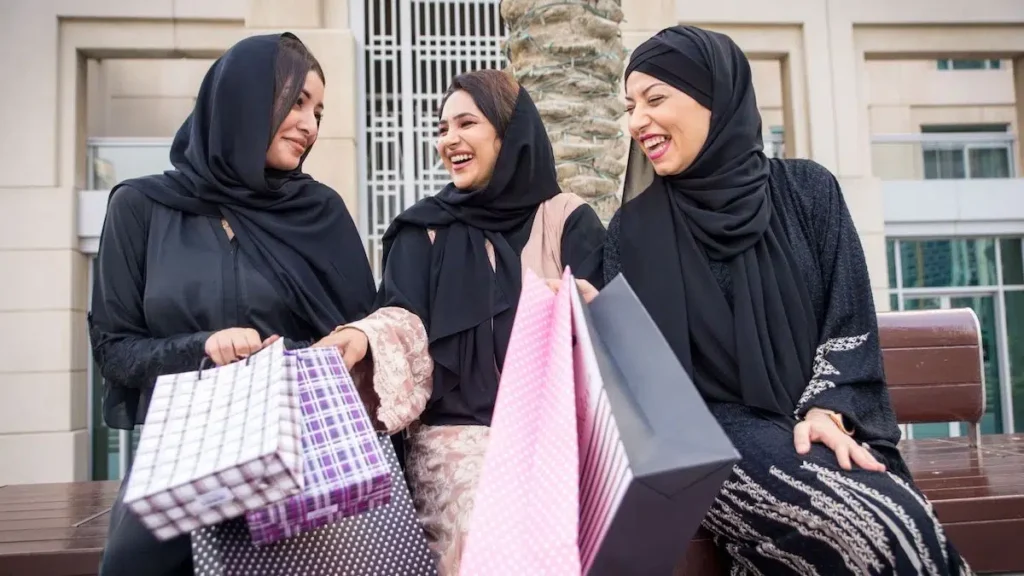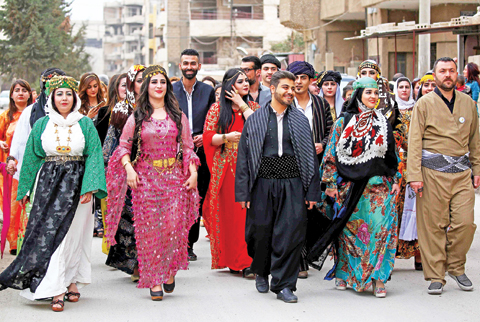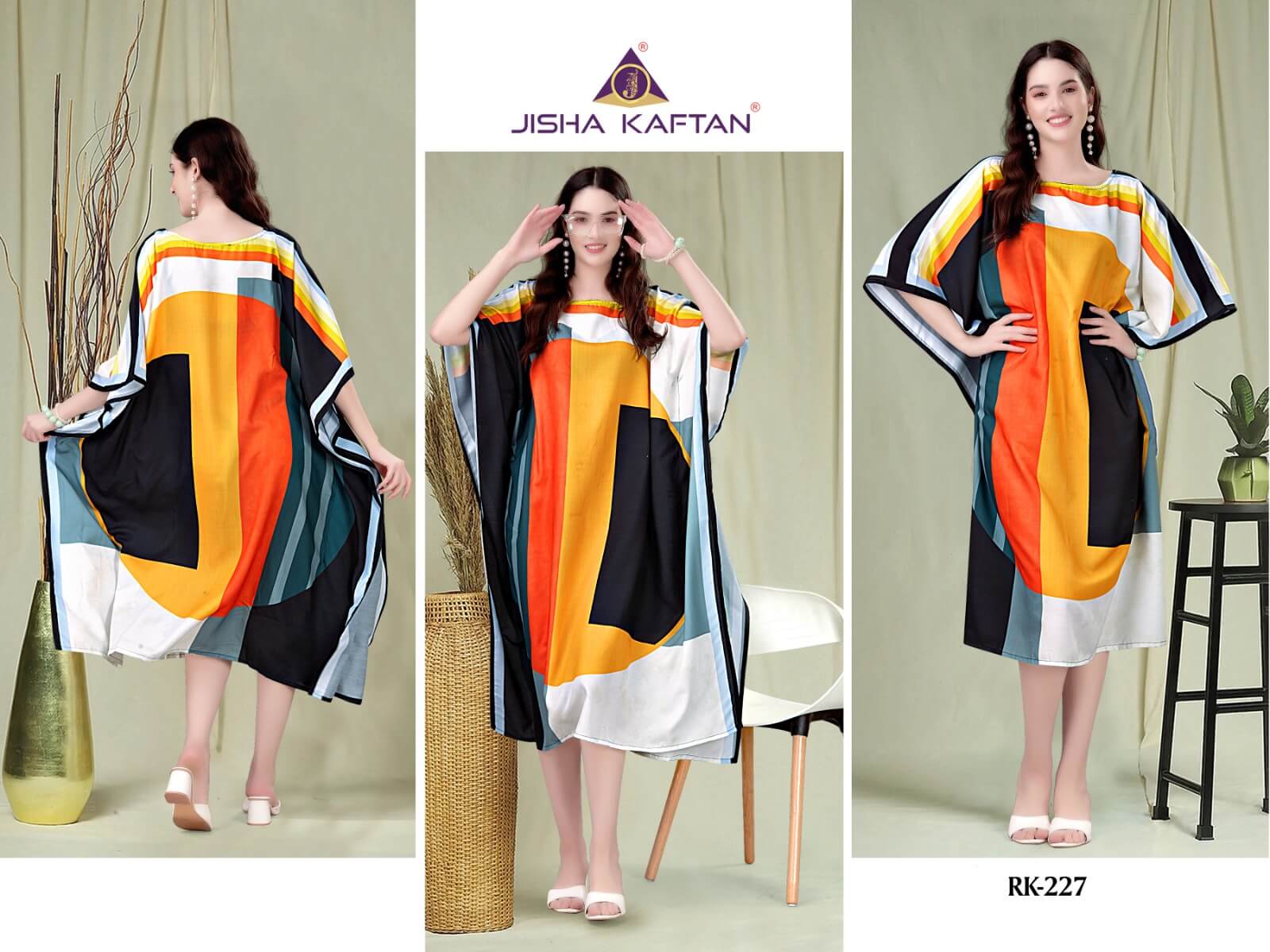Dress codes have always been a topic of discussion, especially when it comes to countries like Kuwait, where the culture is deeply rooted in tradition and religion. Dress codes for men and women in Kuwait are very different from what we see in Western countries, and it’s important to be aware of these differences if you’re planning to visit or work in Kuwait. In this blog post, we’ll discuss the dress code for men and women in Kuwait, its cultural significance, and how to respect it.
Dress Code for Men in Kuwait
The dress code for men in Kuwait is relatively simple. Men are expected to wear traditional Islamic clothing, which includes a long robe called a thobe or dishdasha, along with a headscarf called a ghutra or shemagh. The thobe is usually made of lightweight fabric, like cotton or linen, and comes in various colors, including white, beige, and black. The ghutra is a square-shaped scarf made of cotton or silk, which is worn on top of the head and held in place with a black cord called an agal.

In addition to the thobe and ghutra, men in Kuwait also wear a traditional dagger called a khanjar. The khanjar is worn on a belt around the waist and is considered a symbol of honor and masculinity in Kuwaiti culture. However, it’s important to note that carrying a khanjar is only allowed for Kuwaiti nationals and certain expats with a special permit.

Dress Code for Women in Kuwait
The dress code for women in Kuwait is more complex than that of men. Women are expected to dress modestly and cover their bodies, including their hair and sometimes their face, in public places. This is based on Islamic teachings that encourage women to dress modestly and protect their dignity.
The most common attire for women in Kuwait is the abaya, which is a loose-fitting, full-length garment that covers the entire body. The abaya is usually black, but it can come in different colors and designs. Underneath the abaya, women wear a long dress or skirt and a blouse that covers their arms and neck. Many women also wear a headscarf called a hijab, which covers their hair and neck but leaves the face uncovered.

In addition to the abaya and hijab, women in Kuwait also wear traditional jewelry, such as gold bangles and earrings. However, it’s important to note that wearing too much jewelry or flashy clothing is not acceptable in Kuwaiti culture, as it’s considered ostentatious and against the modesty that is encouraged in Islamic teachings.
Respecting the Dress Code in Kuwait
Respecting the dress code in Kuwait is essential, especially if you’re a foreigner or expat living in Kuwait. Failure to comply with the dress code can result in public embarrassment or even legal repercussions.
Here are some tips for respecting the dress code in Kuwait:
- Cover your body: Both men and women should dress modestly and cover their bodies in public places. Men should wear long-sleeved shirts and pants, and women should wear loose-fitting clothes that cover their arms, legs, and neck.
- Wear the appropriate clothing: Men should wear a thobe and ghutra, and women should wear an abaya and hijab. It’s important to wear the appropriate clothing, especially when visiting religious sites.
- Avoid flashy clothing and jewelry: Wearing too much jewelry or flashy clothing is not acceptable in Kuwaiti culture. Stick to simple, modest clothing and jewelry.
- Respect local customs and traditions: Kuwait is a conservative country, and it’s important to respect local customs and traditions. This includes dressing modestly and respecting Islamic teachings.
In conclusion, understanding and respecting the dress code in Kuwait is essential for both locals and visitors to avoid any cultural misunderstandings or legal repercussions. The dress code for men and women in Kuwait is rooted in Islamic teachings and cultural traditions, with a focus on modesty and respect. It is important to dress appropriately, wear the correct attire, and avoid flashy clothing or jewelry. By respecting local customs and traditions, individuals can show their appreciation for the culture of Kuwait and make a positive impression on the local community.


